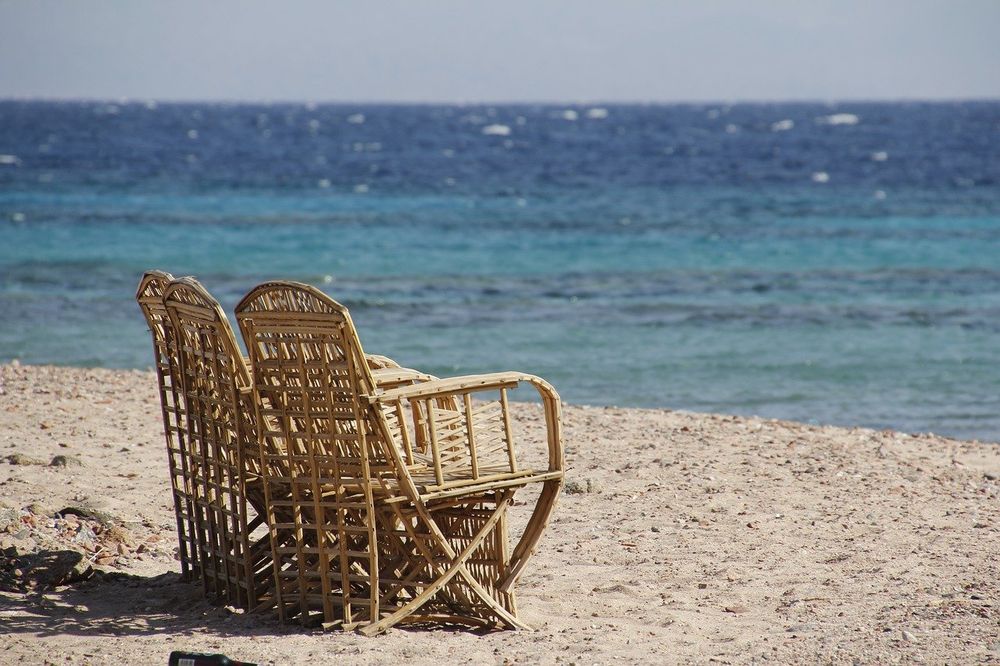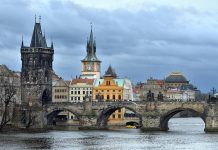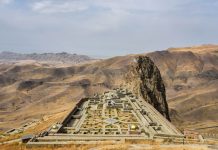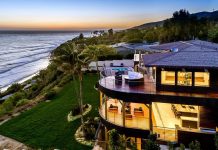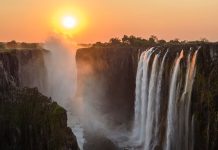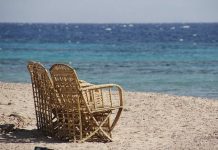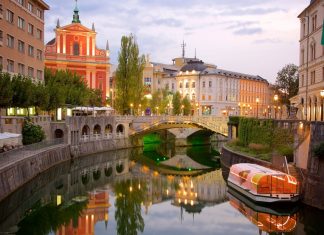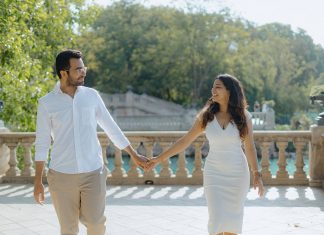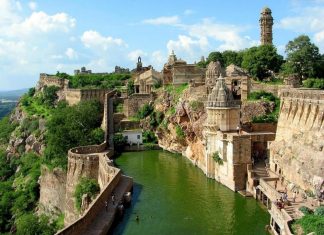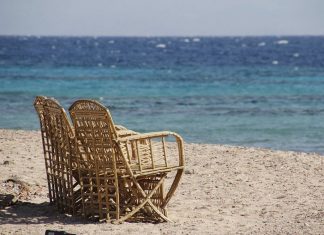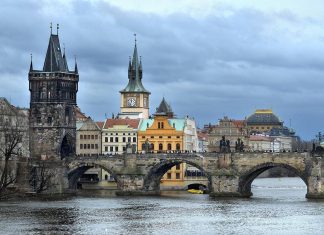A description of the Republic of Lebanon is not complete without at least a brief narration of its turbulent political condition, hopefully culminating in developments caused by recent events. Until the end of more than a decade of civil discord from 1975 to 1990, Lebanon had a thriving economy, with the free port of the capital city of Beirut as Middle East’ s center for finance and commerce. In 1991, the country’s economy began to recover. Significant growth were made in the financial and food processing industries, and in textiles and chemicals manufacturing. National foreign exchange reserves were augmented by remittances from overseas-working Lebanese. A UN Resolution in early October 2004 called for the Syrian troops’withdrawal from Lebanon . After the country was shaken by the February 14, 2005 car bomb assassination of Prime Minister Rafik Hariri, a huge anti-Syrian protests by Lebanese citizens, called the "Cedar Revolution" caused the resignation of Syrian-leaning officials, led by Prime Minister Omar Karami.
Lebanon’ s political turmoil is a stark contrast to the beauty of its historical and cultural heritage. A visit into to the major cities of the country would be a heady mix of trips to ancient cities, remnants of Roman-style structures, opulent ski resorts, and Islamic architecture. Add to that the rich cultural combination of religious and social diversity.
There is always something entertaining to do in Lebanon . Traditional dances such as the dabbke and sword dances are immensely popular and they perpetuate costumes of the distant past. Every sport can be enjoyed in Lebanon including water skiing, snow skiing, yachting, golf and tennis. The Beirut race course, set in its pine woods, is a favourite with race goers. Only in Lebanon can you swim in the sea in winter as well as spring and an hour later ski at 1,900 metres. Lebanon is thus one of the few winter sports centres in the Middle East . The coastline between Tripoli and Sidon is punctuated by all kinds of leisure facilities from well equipped swim resorts and family run fish restaurants to luxurious condominiums.
The Lebanese are a multi-faith, multi-ethnic people. Arabic is the official language, but English and French are also widely spoken. The two main religions are Islam and Christianity. At home or abroad the Lebanese are know for their kindness and hospitality and these qualities make visitors feel both welcome and at ease.
Lebanon is a small country in the Middle East . Until mid 70s, it was a very popular destination for both travelers and businessmen. The capital Beirut was considered as Paris of the Middle East .
The civil war changed that. Now that the war is over, Lebanon is getting back on its feet. And it still is a lovely country with ancient monuments, great nature scenery, and the possibility to ski and go the the beach on the same day.
Baalbek is also on your must see list. The ruins are very impressive. Baalbek can be visited easily from the town of Zahle , which is worth a visit itself.
On the coast you’ll find several nice places to visit as well, such as Sidon , Tripoli and Tyre . The mountain scenery of Bcharre is great and you should try to find the time to go hiking there.

